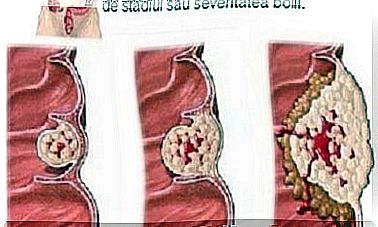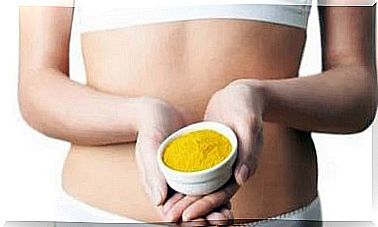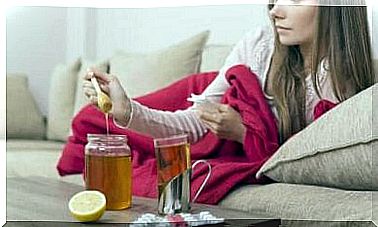Discover 5 Groups Vulnerable To Heat
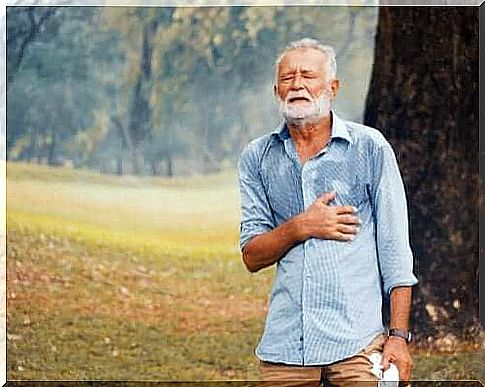
Certain groups of people are vulnerable to heat because of their body type or health problems. These segments of the population need to take steps to protect themselves in the summer.
Of course, each of us must take basic measures to protect against heat. For example, it is recommended to wear appropriate clothing, to stay well hydrated and to avoid the sun at noon. But the very vulnerable should take further action.
The most vulnerable groups to heat are:
- Children under 5 years
- People over 65
- People with chronic diseases
- People who exercise or train outdoors
The main groups vulnerable to heat

The kids
Children, especially very young ones, are vulnerable to heat because their bodies lose fluids quickly and, being small, produce heat at an accelerated rate. Thus, they are prone to dehydration. Therefore, we must protect our sons and daughters from the sun when temperatures rise and make sure that they are not overworked during physical activities.
Remember that little ones cannot perceive the first symptoms of dehydration or the effects of heat on the body. But you will be able to recognize them because children will become more irascible than usual.
The elderly
Another heat-sensitive group is the elderly. The thermoregulatory center of the human body is located in the hypothalamus, a region of the brain that regulates internal temperature. Unfortunately, this function slows down with age.
Members of this group cannot perceive thirst as easily as before. Thus, it is important to remind them to consume fluids.
In addition, the elderly sweat less than the young. For this reason, they tend to retain more body heat. If their environment has a high humidity, their ability to sweat will be inhibited, which increases their risk of sunburn.
People with high blood pressure
Excessive heat dilates the arteries and causes dehydration. Both effects are dangerous in patients with high blood pressure. Consult a doctor to determine how to change your drug treatment during hot periods.
In general, heat lowers blood pressure. As a result, patients taking medicines to reduce their blood pressure may lose their blood pressure too much. If you find yourself in this group, it is advisable to go to the doctor to avoid unpleasant problems.
Patients with heart disease or obesity
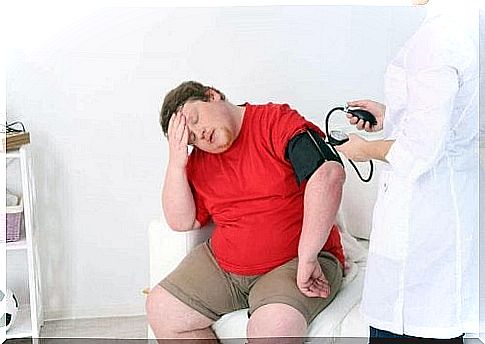
High temperatures have a high impact on cardiovascular health. Obviously, this impact is significant for people who already suffer from heart problems. Heart failure limits the body’s ability to cool down, thus increasing the risk of overheating. In addition, patients with heart disease frequently take diuretics, which cause them to eliminate fluids, reduce their ability to sweat and make them more vulnerable to dehydration.
And obese patients have problems when it comes to cooling the body. High temperatures usually cause them to sweat excessively. They lose fluids and mineral salts easily, which is why they end up suffering from dehydration. At the same time, the fat level of obese patients is high, which destroys their ability to regulate their body temperature. They are very prone to sunburn.
Athletes and people who work outdoors
The last group vulnerable to heat includes people who engage in outdoor physical activity. Direct sun exposure increases the impact of the sun on these people. Basically, taken together, the sun’s rays and physical effort double the risk of dehydration.
All groups referred to in this article must take appropriate measures to protect themselves and, as far as possible, to limit their activities to times of day when the sun is not intense. You also need to constantly hydrate and drink twice as much fluid.
